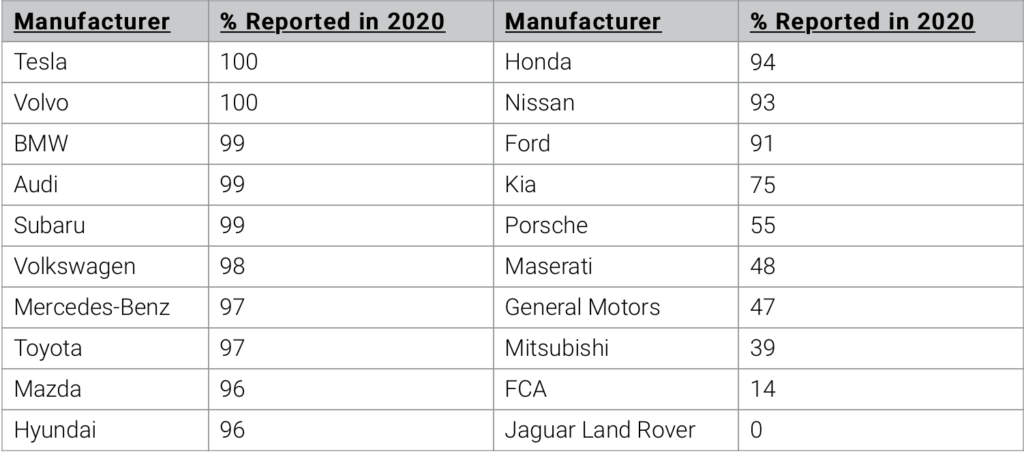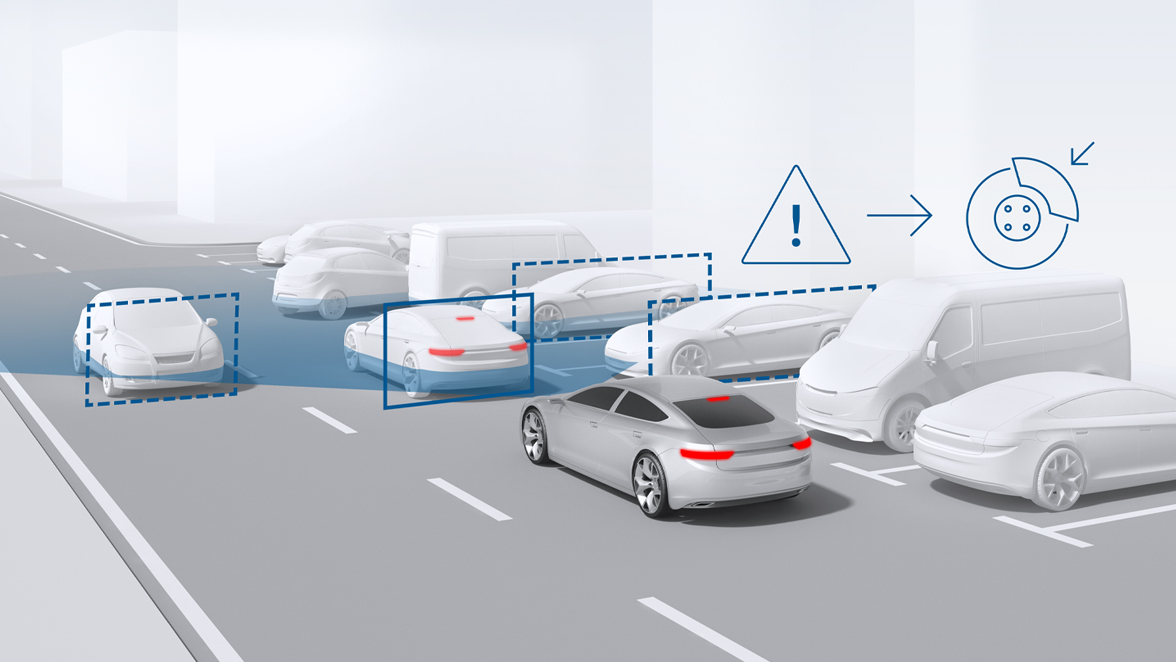A new compliance report by the National Highway Traffic Safety Administration (NHTSA) shows Tesla ahead of the class when it comes to low-speed automatic emergency braking (AEB) standard across their lineup.
The U.S. Department of Transportation’s NHTSA and the Insurance Institute for Highway Safety announced in 2016, all new cars in the US will be required to be equipped with AEB by 2022. To date, the effort is voluntary as automakers have committed to working with the NHTSA to equip most new vehicles with low-speed AEB and forward collision warning by August 31, 2023. However, other reports suggest all automakers are expected to add specific standard safety features by the beginning of September 2022.
Today, the NHTSA issued an update on the progress of automakers’ progress related to emergency braking according to their requirements. According to the report, Tesla and Volvo are the only two global automakers that already equip their entire lineup with AEB ahead of schedule. Both automakers have also implemented full-speed AEB. Only low-speed tech is being required by the NHTSA. Several foreign automakers are very close to catching Tesla and Volvo in reaching 100-percent compliance.

The only other U.S. manufacturer in the top ten with Tesla is Ford at 91 percent. Foreign automakers, Audi, BMW, and Subaru are close at 99 percent, while Hyundai, Mazda, Mercedes-Benz, Toyota, and Volkswagen all fall between 96 to 98 percent. Honda and Nissan are at 94 and 93, respectively, and it kind of goes down hill from there.
NHTSA Deputy Administrator James Owens said on the matter: “Automatic emergency braking can help prevent or reduce the severity of crashes, which also reduces the risk of injury. We applaud manufacturers for moving swiftly to include lifesaving technologies in new vehicles. Through this voluntary approach, we are seeing significantly faster deployment of automatic emergency braking than we would have through regulation, and that means lives are being saved and injuries are being avoided today.”

